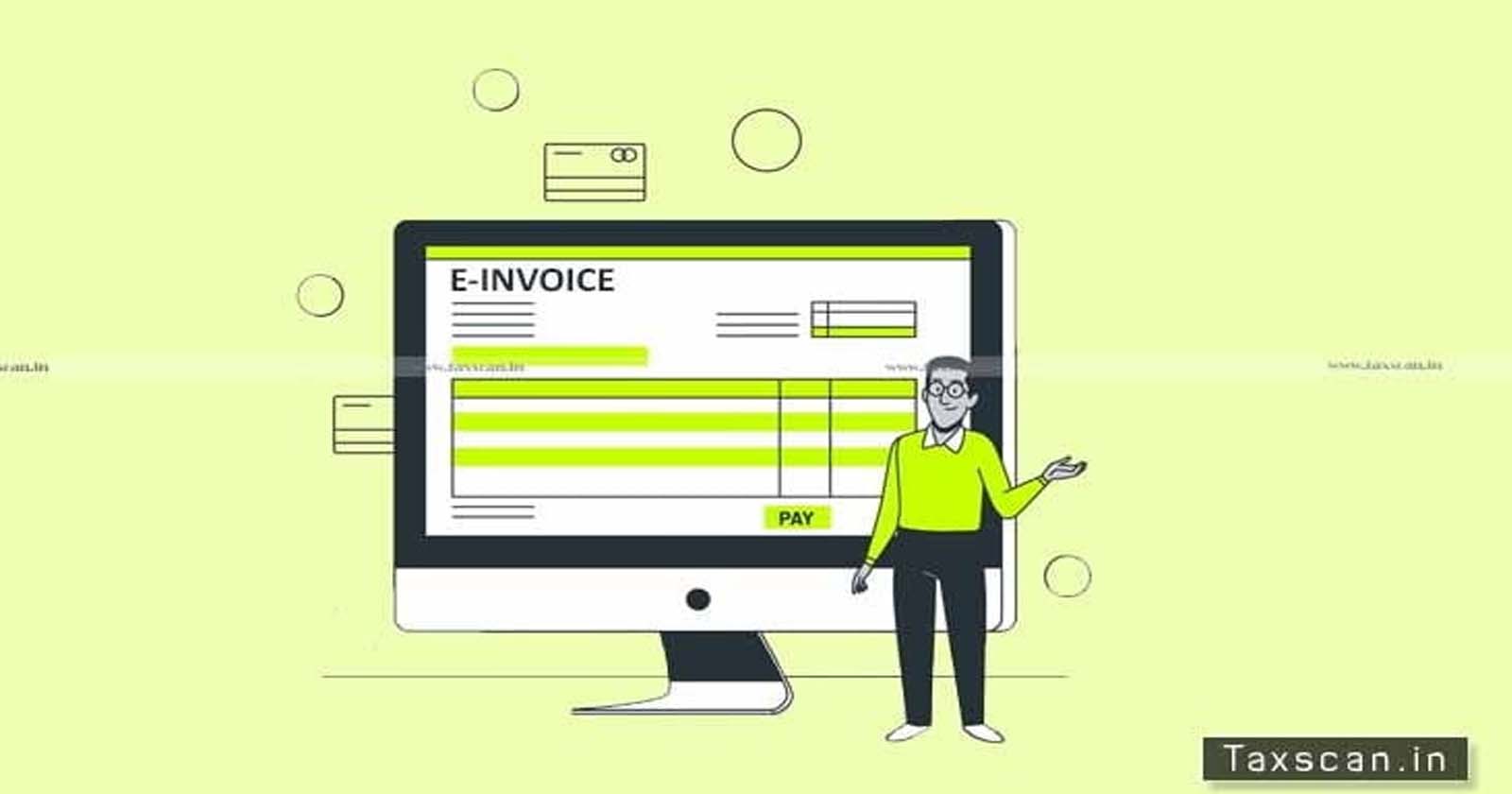GST Council clarifies E-invoicing mandatory for registered persons beyond threshold for supplies to Govt. Departments

The Union Finance Minister Nirmala Sitaraman presided over the 50th meeting of the GST Council on 11th July 2023 at Vigyan Bhawan in New Delhi including Revenue Secretary Sanjay Malhotra, CBIC chairman, Vivek Johri.
The 50th GST council meeting has clarified that E-invoice generation is mandatory for the registered persons beyond the threshold limit prescribed. E-invoice is required to be issued under rule 48(4) of Central Goods and Services Tax (CGST) Rules, 2017 for the supplies made to Government Departments or establishments / Government agencies / local authorities / PSUs, etc., registered solely for the purpose of Tax Deduction at Source (TDS).
It is clarified that the e-invoice generation for the supply to government departments is solely for the purpose of TDS.
Under the Goods and Services Tax (GST) system, the generation of e-invoices is an important aspect of compliance for certain businesses. The GST Council of India has implemented the e-invoicing system to facilitate standardized and electronic generation of invoices for reporting and tax purposes.
These e-invoices need to be generated using the standardized format known as the 'GST e-invoice schema' and transmitted to the government's designated Invoice Registration Portal (IRP).
The process of e-invoice generation under GST involves the following steps:
Prepare the invoice: To comply with the requirements, businesses must generate invoices in the specified format, ensuring that they contain all essential information such as supplier and recipient details, item descriptions, quantities, prices, taxes, and other pertinent data.
Generate the Invoice Reference Number (IRN): Upon uploading the invoice details to the Invoice Registration Portal (IRP), the information is validated, and as a result, a distinctive Invoice Reference Number (IRN) is generated along with a digital signature.
Digital Signature and QR Code:The Invoice Registration Portal (IRP) appends a digital signature to the e-invoice and incorporates a Quick Response (QR) code that includes essential invoice information.
E-invoice sharing and reporting: After the e-invoice is created, it is shared with the recipient, who can access and examine the invoice along with the QR code included for authentication. Additionally, the details of the e-invoice are reported to the GST system, facilitating smooth integration with tax reporting and compliance procedures.
Support our journalism by subscribing to Taxscan premium. Follow us on Telegram for quick updates


